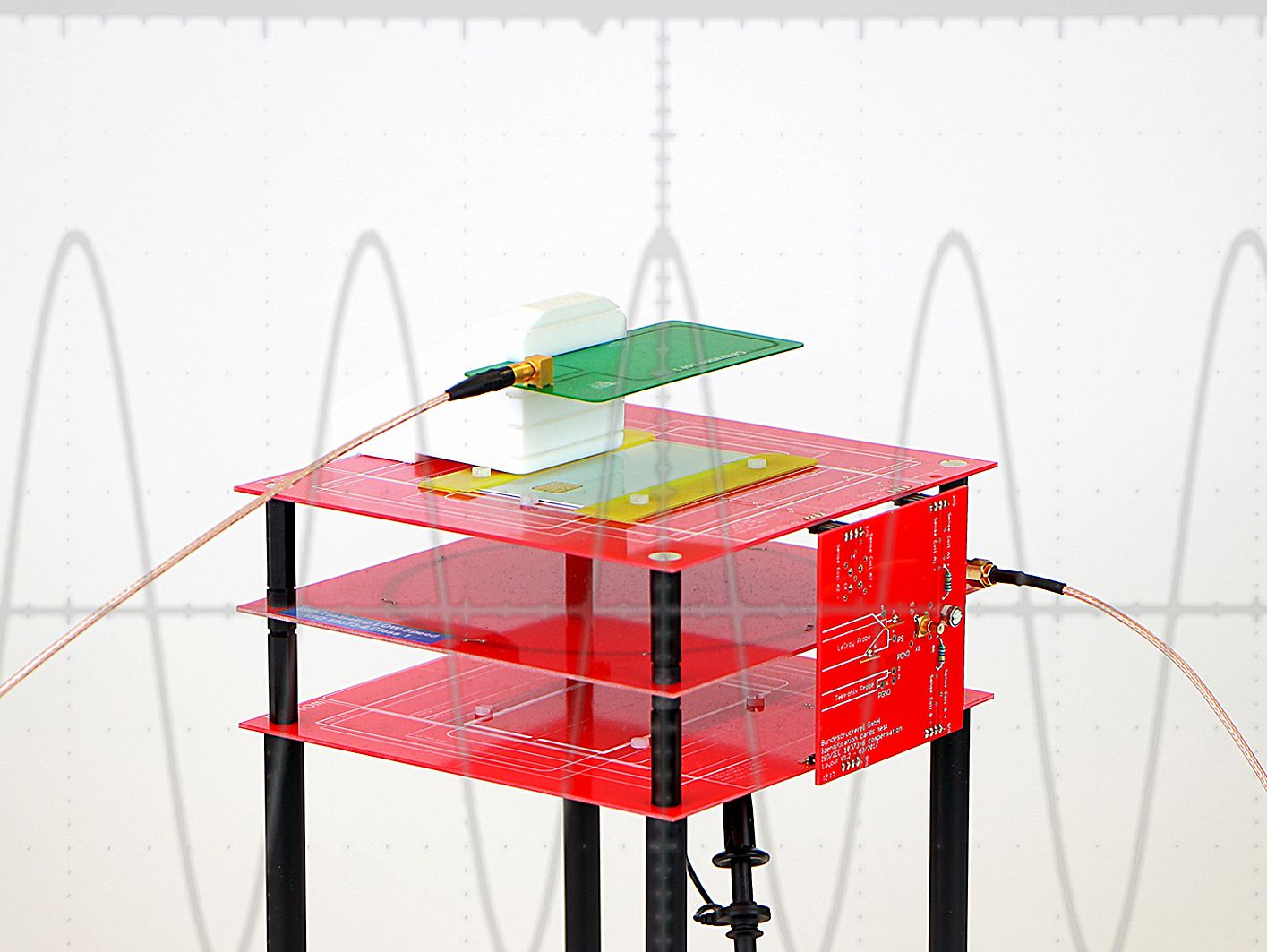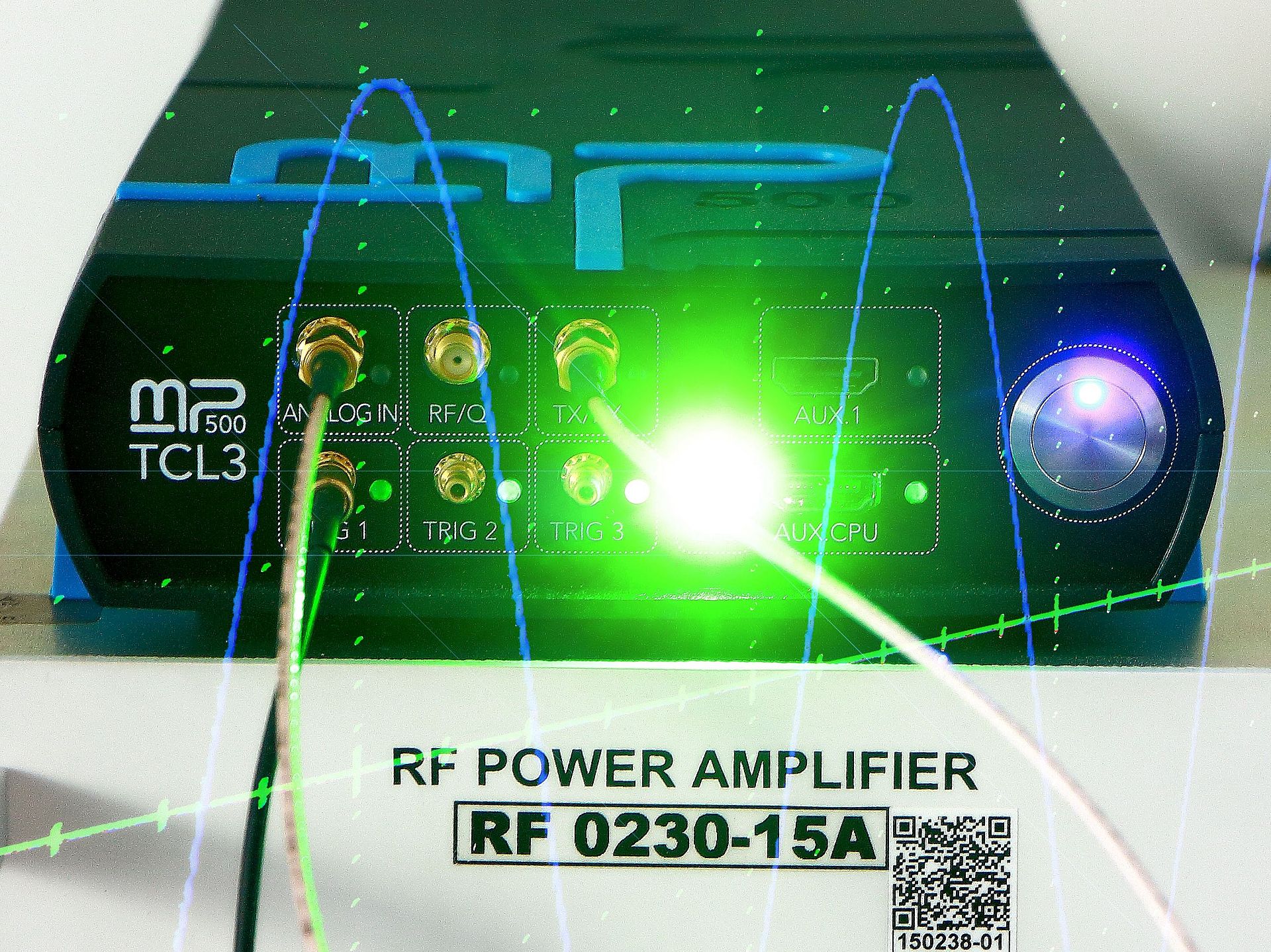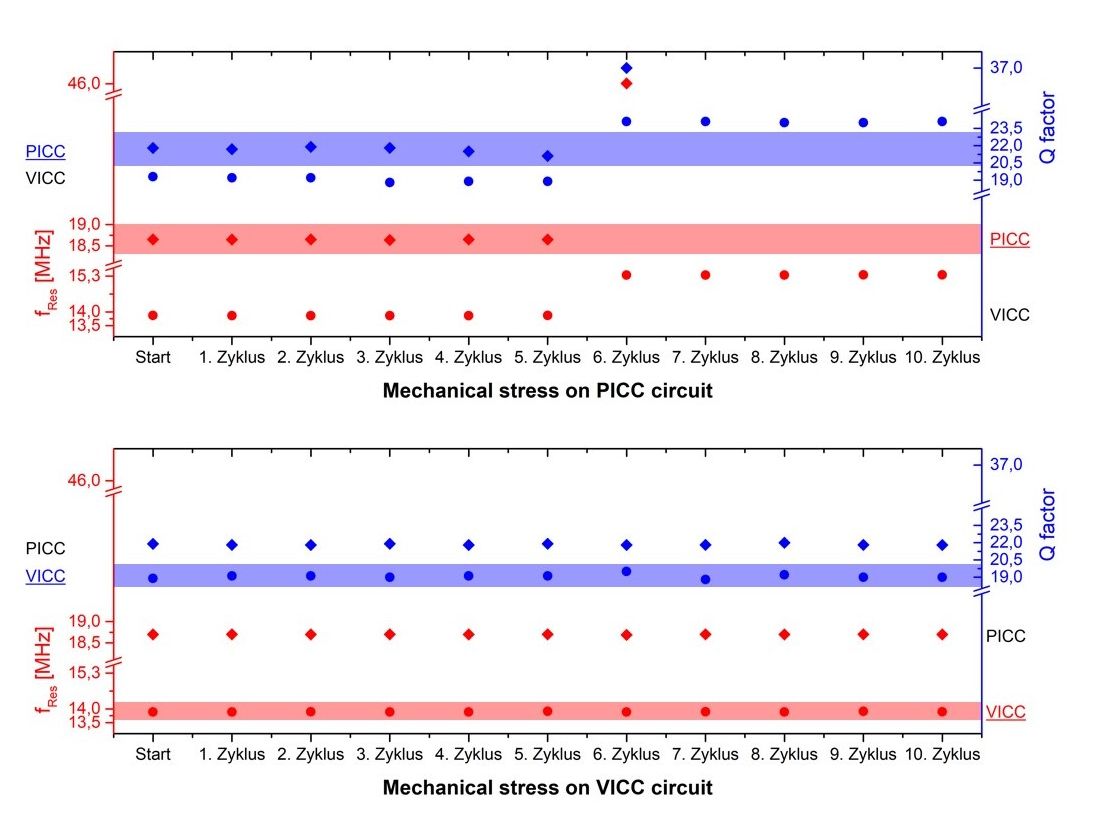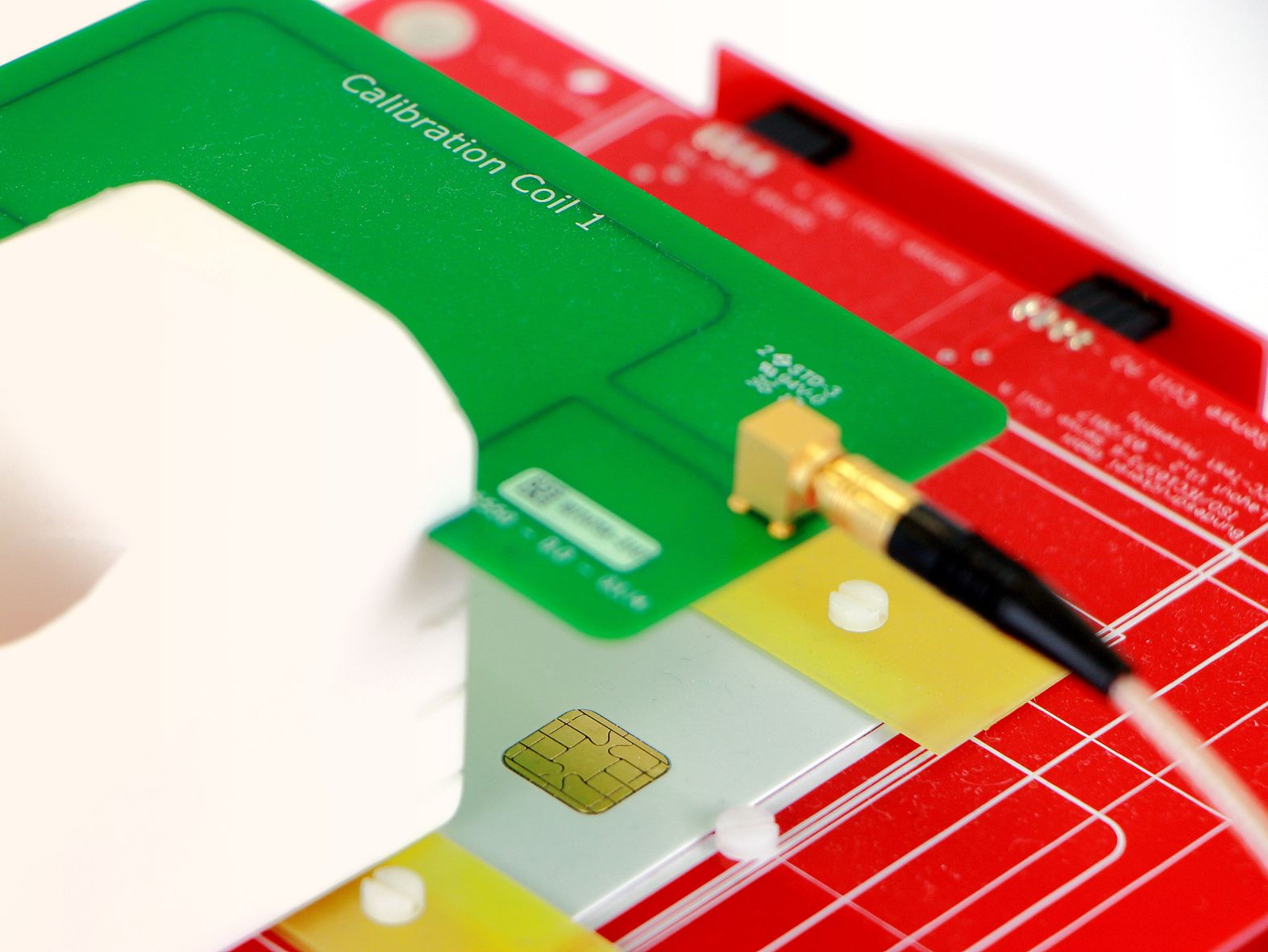Topic of your interest
Given the rapid pace of technological progress, new fields of application for NFC technology are constantly emerging. In addition to the areas of payment transactions, identification/access control and ticketing, new applications are emerging in Industry 4.0 and the Internet of Things. Here, it is crucial that the transponders used are compatible with the corresponding readers.
Solution steps
The first step is to define suitable test cases that address the essential functions required for the application. These are worked out and programmed in cooperation with the relevant card and reader manufacturers. The capabilities or functions of the transponder tested by these must be implemented by the manufacturer. In order to be able to evaluate the performance, the time required by the transponder to process specified tasks is measured. To ensure that this time measurement is independent of the processor's internal clock rate, the reader's fixed transmission frequency of 13.56 MHz is used as the clock standard. A timer of the card is switched to the reader clock and measures a part of the program sequence.
Achieved results
The aim was to identify commands that could be used to make a statement regarding the applicative functionality of smart cards. The response time required by the chip card served as the basis for assessing the suitability of a command. In this way, measured values are generated that can be interpreted and evaluated. In this context, it was shown that cryptographic commands are particularly suitable for evaluating functionality, as they require a lot of computing power from the chip card's processor, which increases its energy consumption.
It turned out, for example, that the response times increase by up to 35 % due to mechanical bending of the card body, depending on the chip card. Due to the very short test duration, the test command sequences are suitable for a "100 % test" on all chip cards produced as part of process monitoring. However, the prerequisite is that a separate tolerance range for the response time is defined for each individually developed card. It is not possible to define a general tolerance regardless of the chip used, the antenna design and the connection technology.






